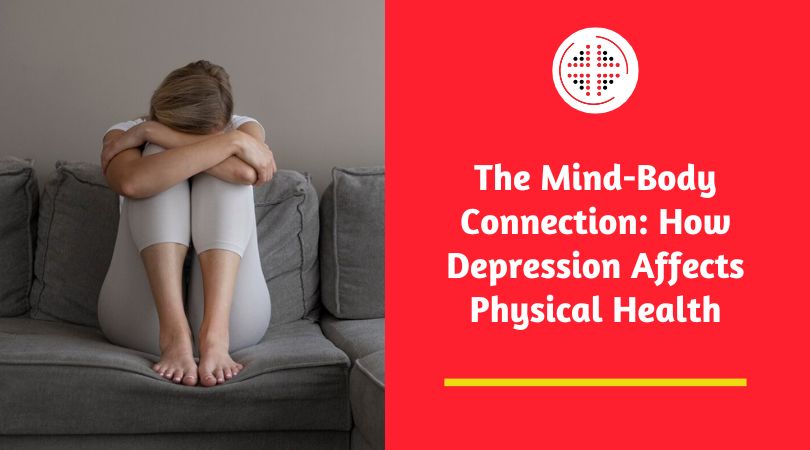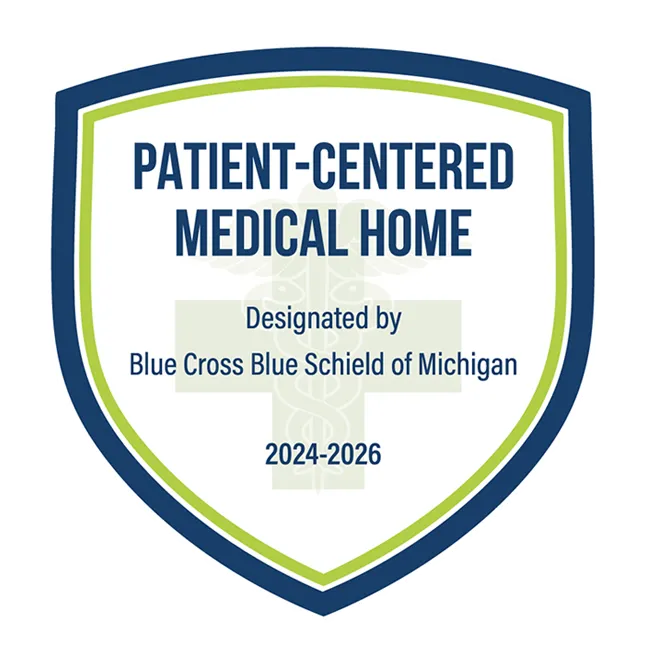


While depression is often seen as just a mental health concern, its impact reaches deep into your physical health as well. Usually treated as a mental health challenge, depression also leaves physical traces that can disrupt your overall well-being. Its effects extend beyond mood, from chronic fatigue to aches and pains. Understanding the physical toll of depression is vital because, without attention, these symptoms can worsen over time.
Let us uncover the hidden ways depression affects your body and explore why addressing it early is key to protecting your health.
Depression is a prevalent mood disorder that impacts how individuals feel, think, and manage everyday activities. It is not just occasional sadness or fatigue but a persistent and often overwhelming condition that interferes with daily life.
The mind and body are deeply interconnected, meaning that untreated depression can lead to various physical symptoms and health risks over time.
Let us examine the mind and body connection and understand how mental health affects physical health.
The connection between mind and body is vital in understanding how depression and physical health are related. When you are mentally stressed or depressed, your body reacts by producing stress hormones like cortisol. These hormones, significantly when consistently elevated, can harm the body’s normal functioning.
Chronic stress and depression can alter immune function, increase inflammation, and contribute to long-term physical health problems. As the body’s natural balance becomes disrupted, physical symptoms of depression start to manifest, making it essential to treat both the mental and physical aspects of the condition.
Several physical symptoms of depression commonly occur, adding to the emotional burden that individuals may experience:
The effects of depression are not just immediate; they can pose serious long-term risks to physical health, including:
Addressing the physical impacts of depression requires a multifaceted approach:
Recognize when depression's physical symptoms overwhelm daily life. Reach out to a healthcare provider if you experience:
Acknowledging the interplay between depression and physical health is essential for holistic recovery. By understanding the diverse ways depression manifests, you empower yourself to take proactive measures toward healing. Prioritizing your mental and physical well-being can lead to a more fulfilling life.
If depression is affecting your physical health, reaching out for support is a vital step. At MI Express Primary Care, Dr. Umayr Azimi and our team are here to provide the guidance and care you need. We are dedicated to helping you find the right path to recovery.
Book your appointment today, and let’s work together to improve your mental and physical well-being.




